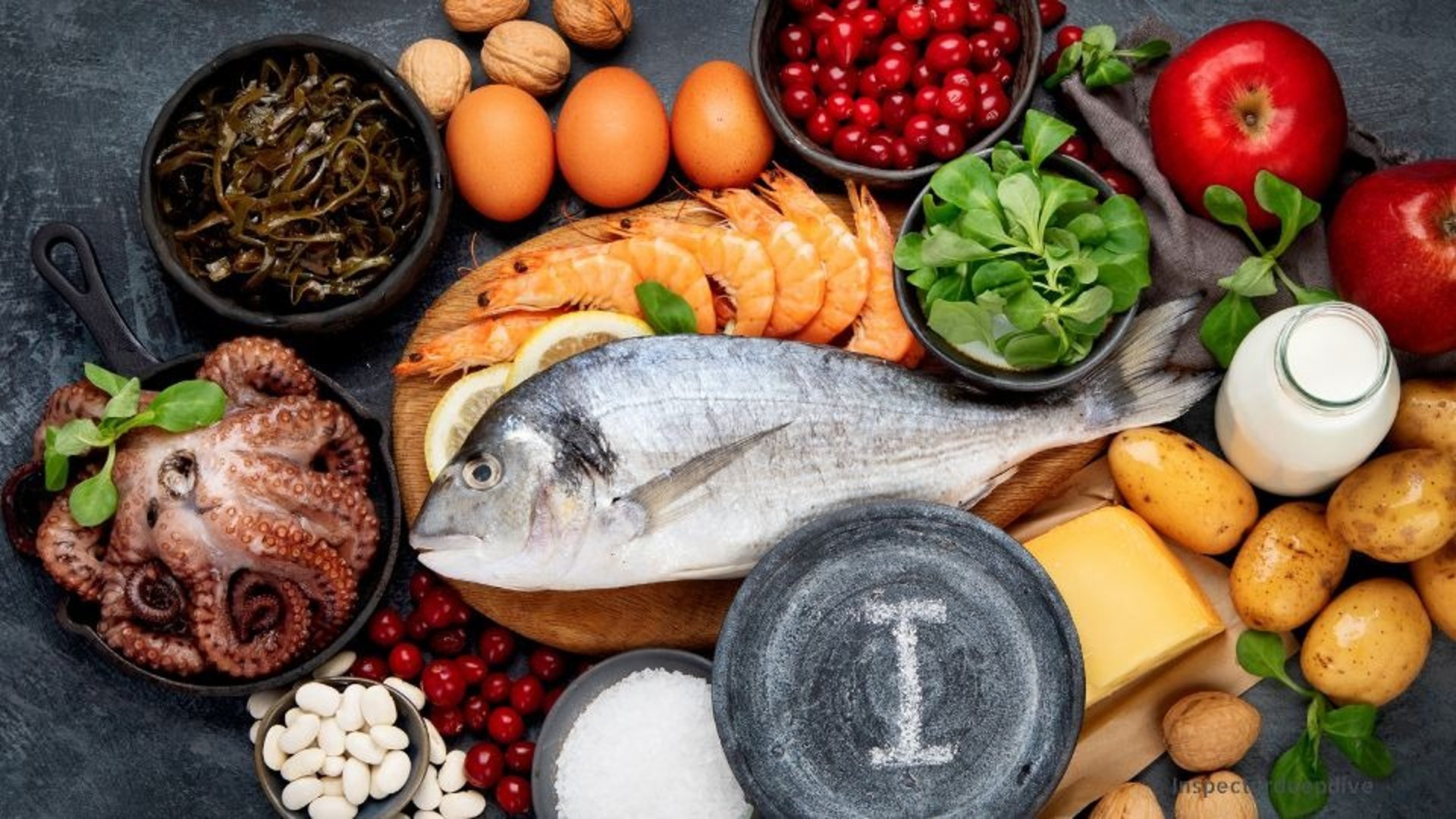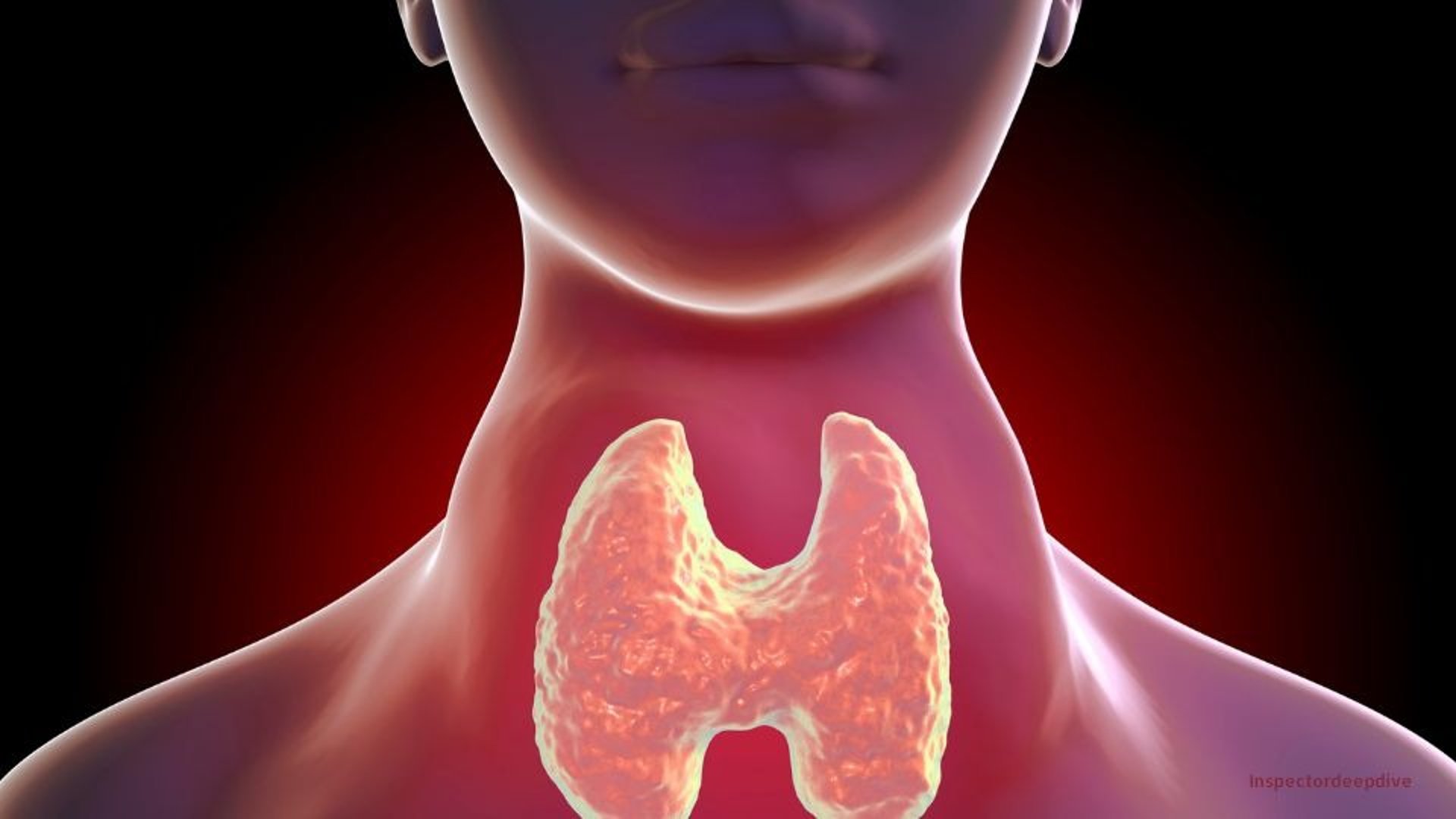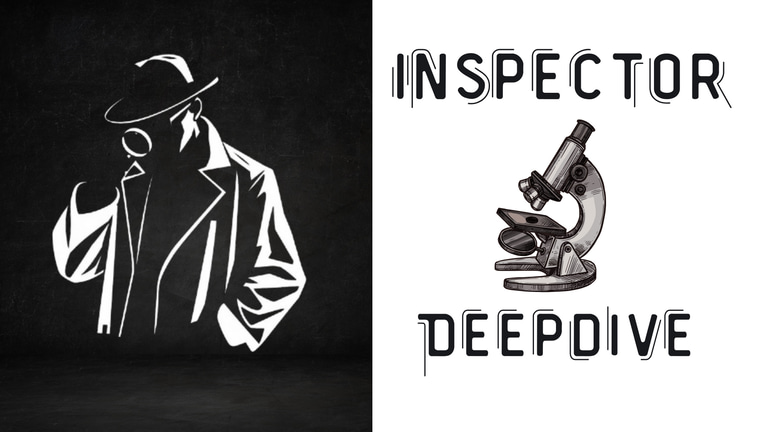
How Iodine Affects Your Body: Sources and Thyroid Health

How Iodine Affects Your Body: Sources and Thyroid Health
What Is Iodine?
Iodine is a trace mineral the body cannot make and must obtain from food or supplements.
Key point: Iodine is an essential component of the thyroid hormones T4 and T3, which the body needs to regulate metabolism, growth, and many cellular processes.
What Does Iodine Do to the Body?
Iodine enables the thyroid to produce T4 and T3, hormones that control energy use, body temperature, and heart rate.
Key point: Iodine is critical for fetal and infant brain and nervous-system development; inadequate iodine in pregnancy can cause severe and often irreversible developmental problems.
Other roles: Supports normal growth, reproductive health, and enzymatic activity across many tissues.
How Is Iodine Absorbed?
Most dietary iodine is present as iodide or iodate and is efficiently absorbed in the stomach and small intestine. The thyroid actively concentrates iodide from the blood via a sodium–iodide transporter. Excess iodine is mainly excreted in urine.
Key point: Urinary iodine concentration is the standard indicator of recent iodine intake at a population level.
Great Food Sources of Iodine
Seaweed: kelp, wakame, nori very high but highly variable; some species contain extremely large amounts.
Fish & shellfish: cod, shrimp, oysters, canned tuna.
Dairy: milk, yogurt, some cheeses amounts can vary by farming and processing practices.
Eggs.
Iodized table salt when used.
Some breads when iodate dough conditioners are used.
Note: Many plant foods are low in iodine unless grown in iodine-rich soil. Because seaweed varies, relying on a single seaweed product can risk excess intake.
How Much Iodine Do You Need?
Adults (19+): 150 µg/day
Pregnant: 220–250 µg/day (public-health guidance often recommends ~250 µg/day)
Lactating: about 290 µg/day
Tolerable Upper Intake Level (UL): generally 1,100 µg/day for adults. Individual needs vary; follow clinical or prenatal guidance when applicable.
Signs You’re Getting Enough Iodine
Key indicators: Normal thyroid function tests (normal TSH and thyroid hormones) and no thyroid enlargement (goiter).
Practical sign: Stable energy, weight, and normal tolerance to cold in the absence of other conditions.
Signs of Iodine Deficiency
Symptoms of hypothyroidism: Fatigue, weight gain, cold intolerance, dry skin, constipation, slowed heart rate.
Pregnancy/infancy risks: Miscarriage, stillbirth, stunted growth, lower IQ, developmental delays, and in severe cases cretinism.
How Long to Fix a Deficiency?
Mild deficiency: Thyroid hormone levels and symptoms can begin to improve in weeks to months after repletion; goiter may shrink over months.
Pregnancy/fetal effects: Damage to fetal brain development can be permanent; correction is urgent but prevention is best.
Severe long-term developmental effects: Often irreversible if not treated early.
Supplements: What You Should Know
Supplements: Common forms include potassium iodide or sodium iodide; kelp/seaweed supplements exist but their iodine content is highly variable. Many multivitamins contain about 150 µg of iodine; not all prenatal vitamins include iodine check labels.
Guidance: Use supplements when dietary intake is inadequate or when advised by a clinician (e.g., pregnancy, diagnosed deficiency). Avoid high-dose supplements unless medically supervised.
Risks of Too Much Iodine
Potential harms: Excess iodine can trigger hypothyroidism or hyperthyroidism, especially in people with preexisting thyroid disease or prior chronic deficiency.
Sources of excess: Concentrated kelp supplements, multiple high-dose supplements, or very high seaweed consumption.
Limit: Aim to stay below the adult UL (about 1,100 µg/day) unless directed otherwise by a clinician.
Who May Benefit Most from Supplements?
Pregnant and breastfeeding people when diet alone is unlikely to meet increased needs.
People in regions without iodized salt or with low-iodine soils.
Vegans who avoid dairy, eggs, and seafood and do not use iodized salt.
Always: Consult a healthcare provider before starting iodine supplements.
Medication Interactions
Notable interactions: Amiodarone and iodinated contrast agents can affect thyroid function. Lithium can alter thyroid function and interact with iodine status.
Advice: If you take these medications or are undergoing imaging with iodinated contrast, discuss iodine intake with your clinician.
Lifestyle Factors Affecting Iodine Absorption
Goitrogens: Compounds in raw cruciferous vegetables (e.g., cassava, kale, cabbage) can interfere with iodine use when consumed in very large amounts and when iodine intake is low; cooking reduces goitrogen activity.
Selenium status: Adequate selenium is important for enzymes that convert T4 to the active T3 hormone.
Seasonal & Lifestyle Variations
Dairy variability: Iodine content in dairy fluctuates with seasonal farming practices, cow feed, and sanitizing agents.
Dietary choices: People who avoid iodized salt, processed foods (which rarely use iodized salt), dairy, seafood, or eggs are at higher risk of lower iodine intake.
Cooking & Storage Effects
Salt stability: Iodate added to salt is relatively stable.
Losses: Water-soluble iodine can leach into cooking liquids, so discarding cooking water (e.g., drained pasta) can reduce iodine. Ordinary cooking does not usually destroy iodine in foods.
Common Myths About Iodine
Myth: “Sea salt or Himalayan salt contains iodine.” False: specialty salts are usually not iodized.
Myth: “More iodine always helps hypothyroidism.” False: excess can worsen or trigger thyroid dysfunction in susceptible people.
Myth: “Kelp supplements are a safe natural fix.” Not always: kelp iodine content varies widely and can deliver excessive doses.
Fun Facts
The thyroid contains about 70–80% of the body’s iodine stores.
Seaweed species vary massively in iodine content commercial products can differ by orders of magnitude.
Universal salt iodization is one of the most effective public-health measures to prevent iodine deficiency.
Environmental & Sustainable Sources
Seaweed: A potent natural source; sustainable farming can reduce pressure on wild populations, but species selection and testing are important to avoid excess iodine or contaminants.
Fortified foods: Iodized salt and some fortified products provide reliable, low-cost public-health solutions.
Special Groups & Unique Needs
Pregnancy and lactation: Higher iodine needs prenatal supplements should include iodine when diet may be insufficient.
Newborns: Neonatal screening commonly detects congenital hypothyroidism; breastmilk iodine depends on maternal intake.
Vegans and restricted diets: May need fortified foods or supplements.
Autoimmune thyroid disease: Consult an endocrinologist before changing iodine intake.
How to Track Your Iodine Intake
Food tracking: Use food composition tables or nutrition databases and check product labels for iodized salt or added iodate.
Supplements: Read labels to confirm microgram (µg) amounts.
Clinical assessment: Urinary iodine concentration is useful at the population level; thyroid function tests (TSH, free T4) are used clinically to assess effect on thyroid status. Individual spot urine tests vary, so multiple measurements or 24-hour collections are more accurate discuss testing with your clinician.
Summary
Iodine is essential for thyroid hormone production, metabolic regulation, and crucial fetal brain development. Most adults need about 150 µg/day; pregnant and lactating people require substantially more. Obtain iodine from a varied diet seafood, dairy, eggs, seaweed in moderation and use iodized salt when appropriate. Supplements are helpful for specific groups but should be used carefully because both deficiency and excess carry risks. If you have concerns about your iodine status especially during pregnancy, breastfeeding, on a restrictive diet, or with known thyroid disease seek testing and personalized advice from a healthcare provider.
info@inspectordeepdive.com
© 2025 food.InspectorDeepDive.com. All rights reserved. Content may not be copied or republished without permission.
This article is for informational purposes only. InspectorDeepDive.com does not provide medical advice. Always consult a licensed healthcare provider before making dietary or health decisions.
